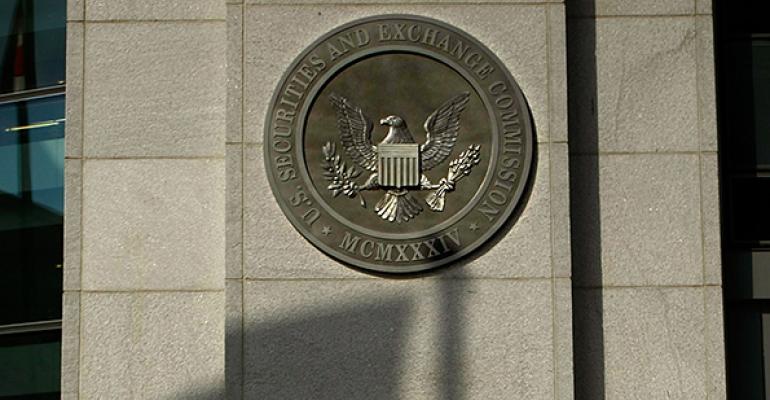The U.S. Securities and Exchange Commission announced today that Louis Martin Blazer III, founder of Blazer Capital Management, has been ordered “to pay nearly $2 million in fines. The former Pittsburgh financial advisor was accused of embezzling $2.35 million from investment accounts of pro athletes and other wealthy clients to invest in movies. When his ploy was discovered, Blazer III made 'Ponzi-like payments' and lied to SEC examiners about taking money from five clients, at least two of which who were professional athletes, from 2010 and 2012. This is not Blazer’s first settlement or lawsuit. He settled a case in 2012 in which retired NFL running back Kevan Barlow sought compensatory damages upward of $4 million and punitive damages of $12 million for “misappropriated, mismanaged, squandered, and/or stole[n] millions (of dollars).” In 2014, New Jersey–based First Choice Bank sued Blazer for a number of unpaid loans taken out in 2011 by athletes, including former Pitt basketball standout DeJuan Blair, former Cleveland Browns wide receiver Greg Little, and former NFL running back Anthony Allen. Blazer has not been a registered financial advisor since 2012.
Are Index Funds to Blame for High Airplane Ticket Prices Too?

Index funds can’t catch a break lately. Scores of articles have come out warning investors about the dangers lurking in an overly indexed stock market. An article in the August edition of The Atlantic magazine traces much of the controversy back to a 2014 academic paper that suggested index investing causes “monopolistic tendencies” because of its “common ownership” of companies. Companies that share a common owner are less motivated to innovate and compete against each other, the theory goes. The academics studied airline tickets and concluded they were 12 percent higher than they would have been, because the airlines are all “owned” by the same entities, i.e. index funds run by BlackRock, Fidelity, State Street and many others. The magazine points out that in some circles, “common ownership” is being blamed for high bank fees and excessive CEO pay. “One journal article argues that large index funds are violating antitrust law; another recommends a limit on index funds owning stock in more than one company in an industry. No one expects these ideas to lead to political action under the current presidential administration, but they are gaining traction among Democratic lawmakers,” the article states.
High-Net-Worth Travel Agents

According to a recent report from Skift, a travel-industry publisher, one-third of high-net-worth travelers use a travel agent. Skift's 50-question survey targeted top–20 percent income earners in the United States, receiving 1,300 responses. The report, “2017 U.S. High-Income Traveler Survey,” found that 10 percent of HNW travelers exclusively utilize a travel agent when planning a trip, 26 percent use one almost always or often, 28 percent never use an agent, and 36 percent seldom use one. Skift claims that more agents are focusing on luxury travel, referring to themselves as "travel designers," according to Travel Market Report.





